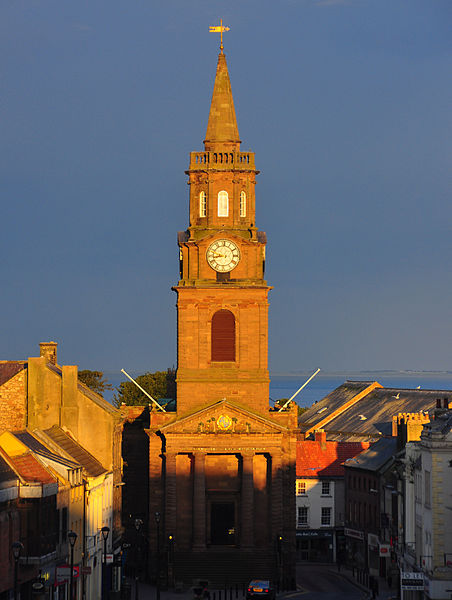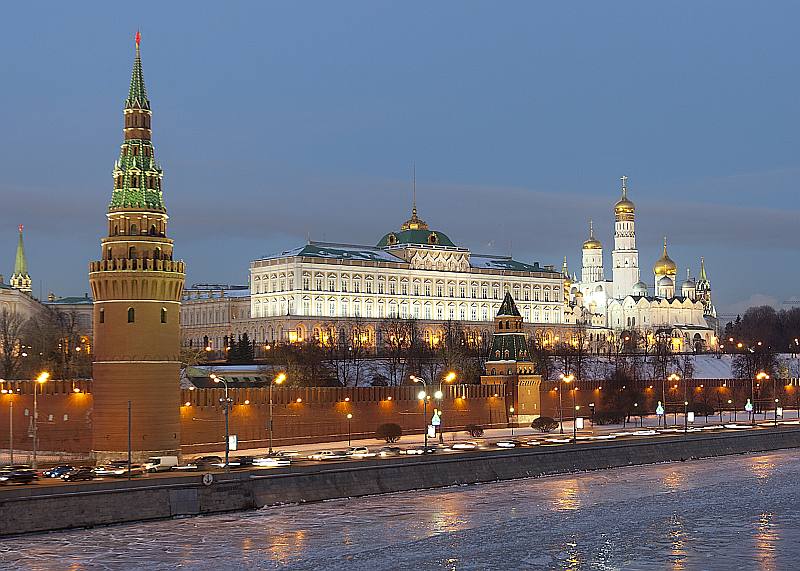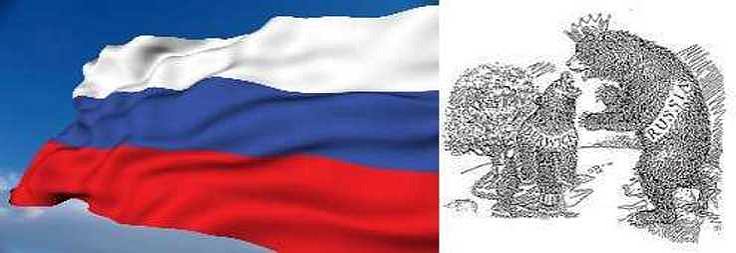The story of Berwick’s war with Russia seems to have been in circulation for decades but its foundation has remained hard to establish.

This photograph of Berwick Town Hall captures it in the summer evening sunshine with the spire catching the sunset light, while the building itself remains mostly in the shade. The Town Hall is owned by the Berwick-upon-Tweed Corporation (Freemen) Trustees. It occupies a prominent place in the town at the lower end of the High Street facing west. To view its history click here. Photo: Nilfanion, [CC-BY-SA-3.0], via Wikimedia Commons.
In the 16th and 17th centuries the town, being “of the kingdom, but not in it”, was specifically mentioned in Royal Proclamations, Statutes and the Book of Common Prayer, etc. The Wales and Berwick-upon-Tweed Act of 1746 declared and enacted “that in all cases where the kingdom of England or that part of Great Britain called England, hath been or shall be mentioned in any Act of Parliament, the same has been and shall henceforth be deemed and taken to comprehend and include the Dominion of Wales and Town of Berwick-upon-Tweed.”
In certain Royal proclamations and State documents, however, the practice of including Berwick-upon-Tweed was still continued.
The tale that Berwick-upon-Tweed remained at war with Russia following the Crimean conflict is believed to date from about 1914. Peterborough of the Daily Telegraph made reference to this state of affairs in 1935, but in a subsequent article of the 5th December 1935 went on to say that he was apparently…
“unduly alarmist in informing the inhabitants of Berwick-upon-Tweed that they were still at war with Russia. When England declared war on Russia on March 28, 1854 Queen Victoria signed the declaration in her full title Victoria, Queen of Great Britain, Ireland, Berwick-upon-Tweed and the British Dominions beyond the sea. When peace was declared the British representatives, as I stated, forgot all about Berwick-upon-Tweed. This “state of war” was not discovered by the Foreign Office until October 1914. Then a separate treaty was hastily concluded between Berwick and the Russian Imperial Government which terminated the town’s sixty year war.”
It is understood that some years before the outbreak of World War II an exhaustive search was made by the Foreign Office Library to see whether the story had any foundation in fact, but it failed to bring to light anything either to establish its authenticity or to suggest any circumstances which might have been garbled so as to give rise to this interesting piece of fiction.
Enquiries are frequently received about the story and in an effort to provide an authoritative answer to these enquiries; the Foreign Office was formally consulted on the matter in December 1965. The Foreign Office confirmed that their library had investigated the matter in the 1930s and found nothing to support the story or to show how it had arisen.
The following may, however, be taken as the correct position. The date of the formal declaration of war was 28th March 1854, and the text of this appears in the London Gazette supplement of that date and in British and Foreign State Papers, Volume 46. In this, Queen Victoria is merely referred to as “Her Majesty”, and in a published declaration to neutral powers issued at the same time she is referred to as “Her Majesty the Queen of the United Kingdom of Great Britain and Ireland”. The Treaty of Paris which concluded the war was signed on the 30th March 1856 and used the French translation of the Queen’s title: “la Reine du Royaume-Uni de la Grande-Bretagne et d’Irlande”.
The name of Berwick appears in neither document and we must therefore conclude that the story of its war with Russia is yet another of the many romantic fictions which have surrounded the town throughout its long and chequered history.
References:
London Gazette: Supplement, 28 March 1854.
Édouard Gourdon. Histoire du Congrès de Paris. Paris: Librairie Nouvelle, 1857. The text of the Treaty of Paris is quoted on pp. 6ff.

A photograph of the Kremlin in Moscow in all its splendour. The Kremlin was the place where the Russian state was formed; it was and remains the heart of the country’s political life and the centre of its culture and history. Photo: Pavel Kazachkov (Flickr) [CC-BY-2.0], via Wikimedia Commons.

